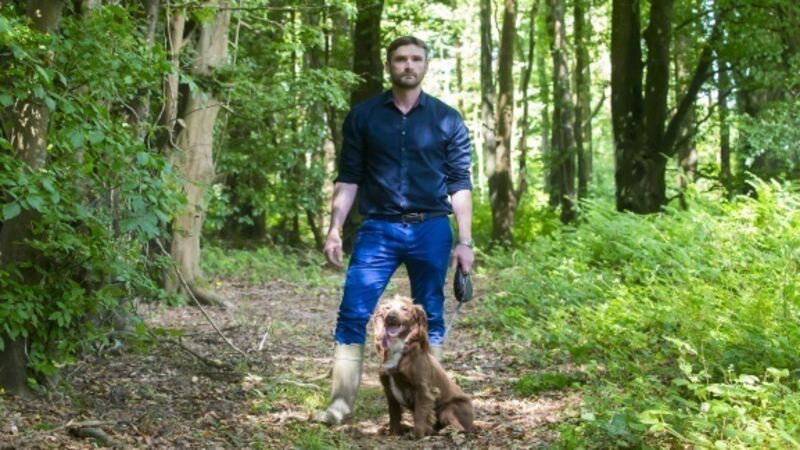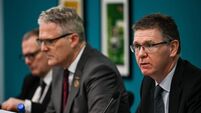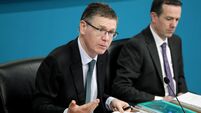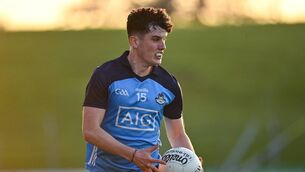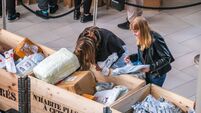GONE FISHIN’
I’d often go fishing the day after a game. It just allowed me to come out of that frenzied bubble, you know? Your mind might be knotted up but slowly and surely over the hours out there it just untangles and untangles [he motions a reeling action, as if he has a rod in his hand]. Some lads would play golf but I found no solace in that, it wasn’t for me. You’re hitting a golf ball and someone’s telling you ‘You should have done this yesterday, you should have done that.’ How do you untangle then? But the fishing, the clean air, the water, it just seemed to wash away the tangles for me.
Already a subscriber? Sign in
You have reached your article limit.
Subscribe to access all of the Irish Examiner.
Annual €130 €80
Best value
Monthly €12€6 / month
Introductory offers for new customers. Annual billed once for first year. Renews at €130. Monthly initial discount (first 3 months) billed monthly, then €12 a month. Ts&Cs apply.
CONNECT WITH US TODAY
Be the first to know the latest news and updates
